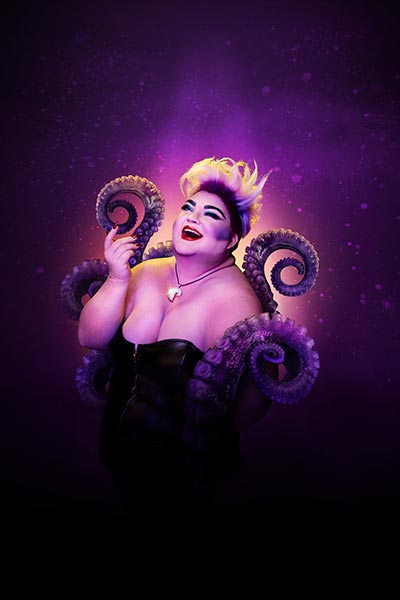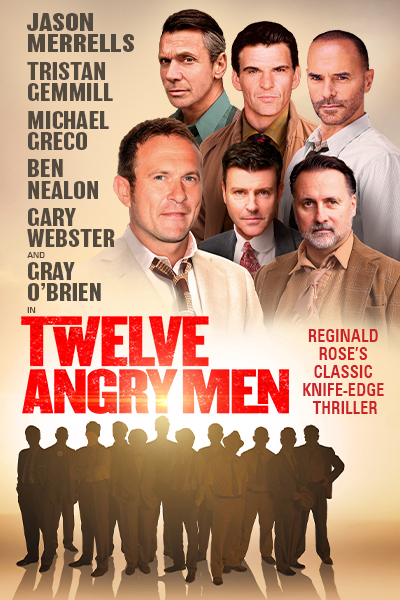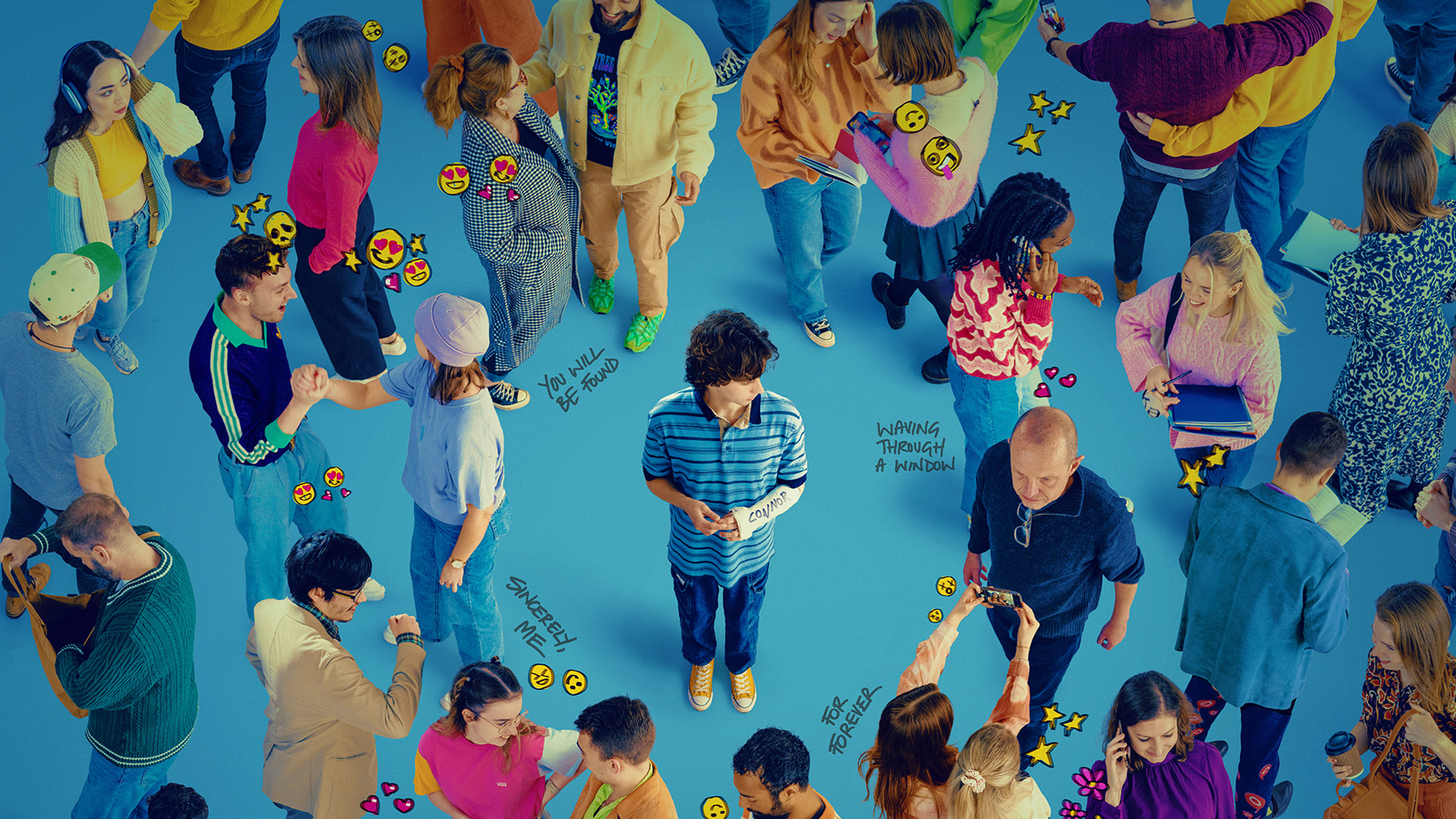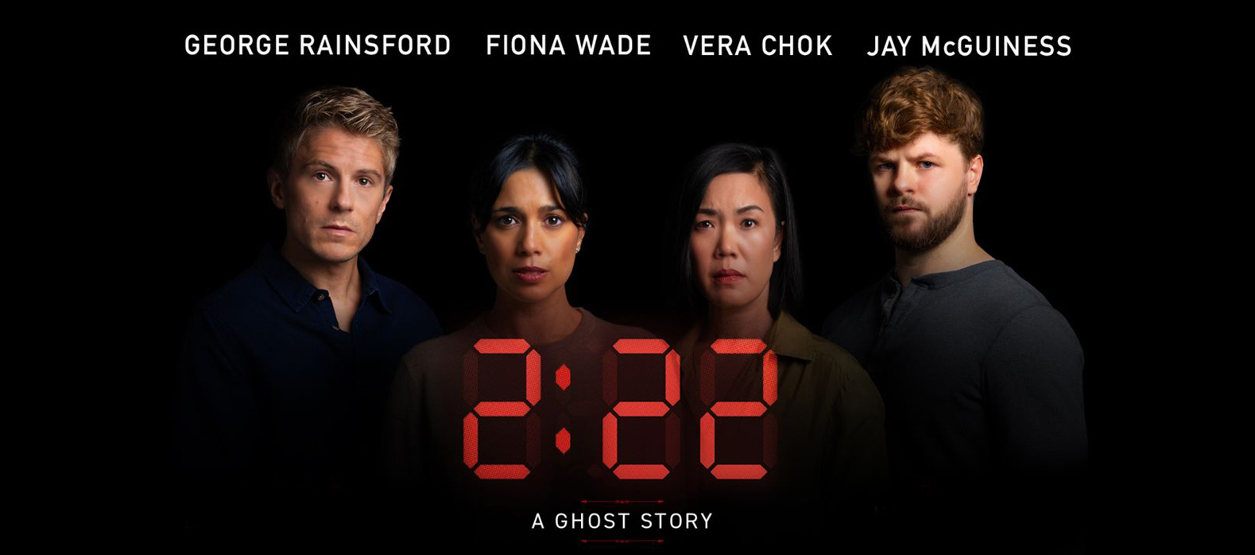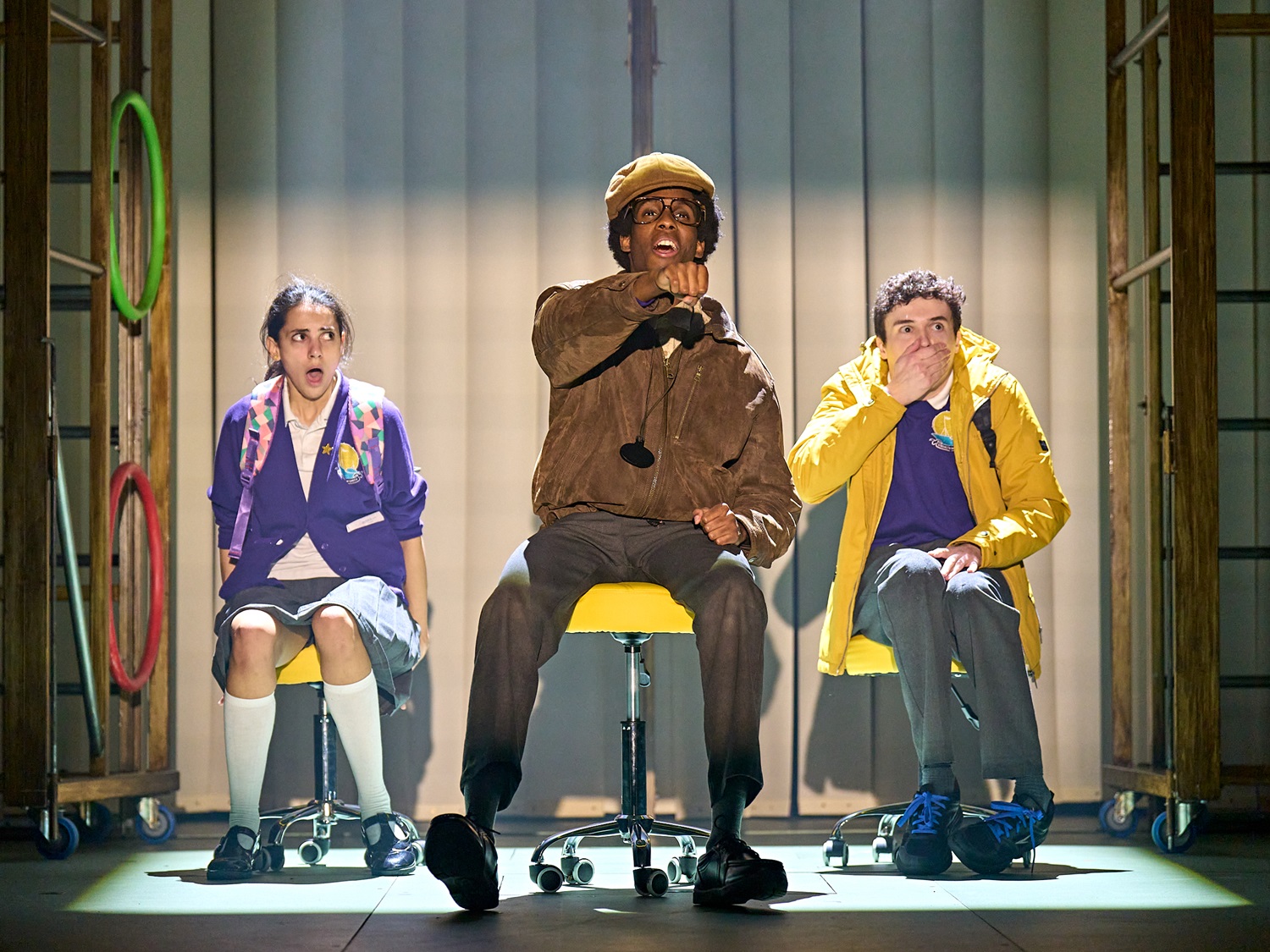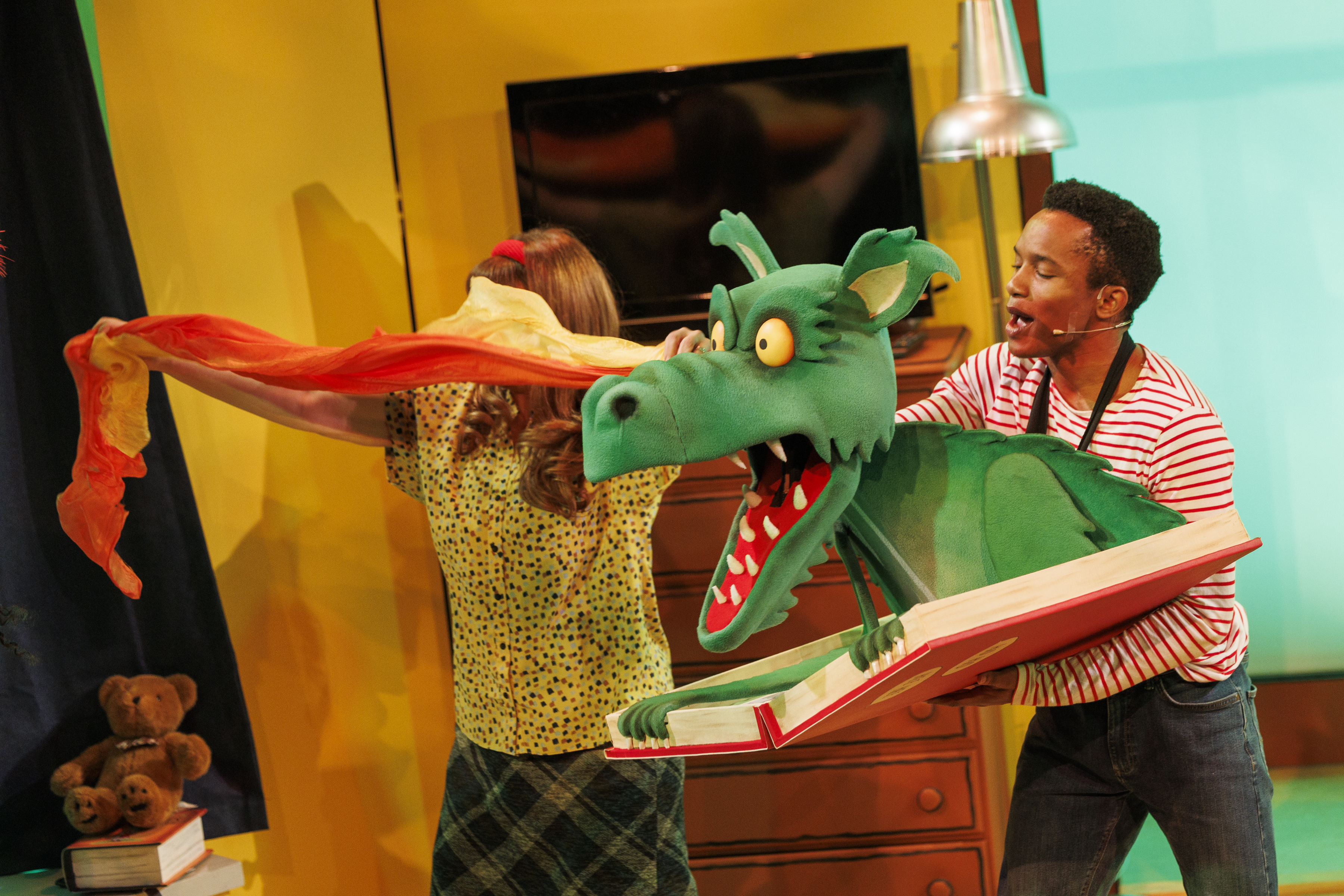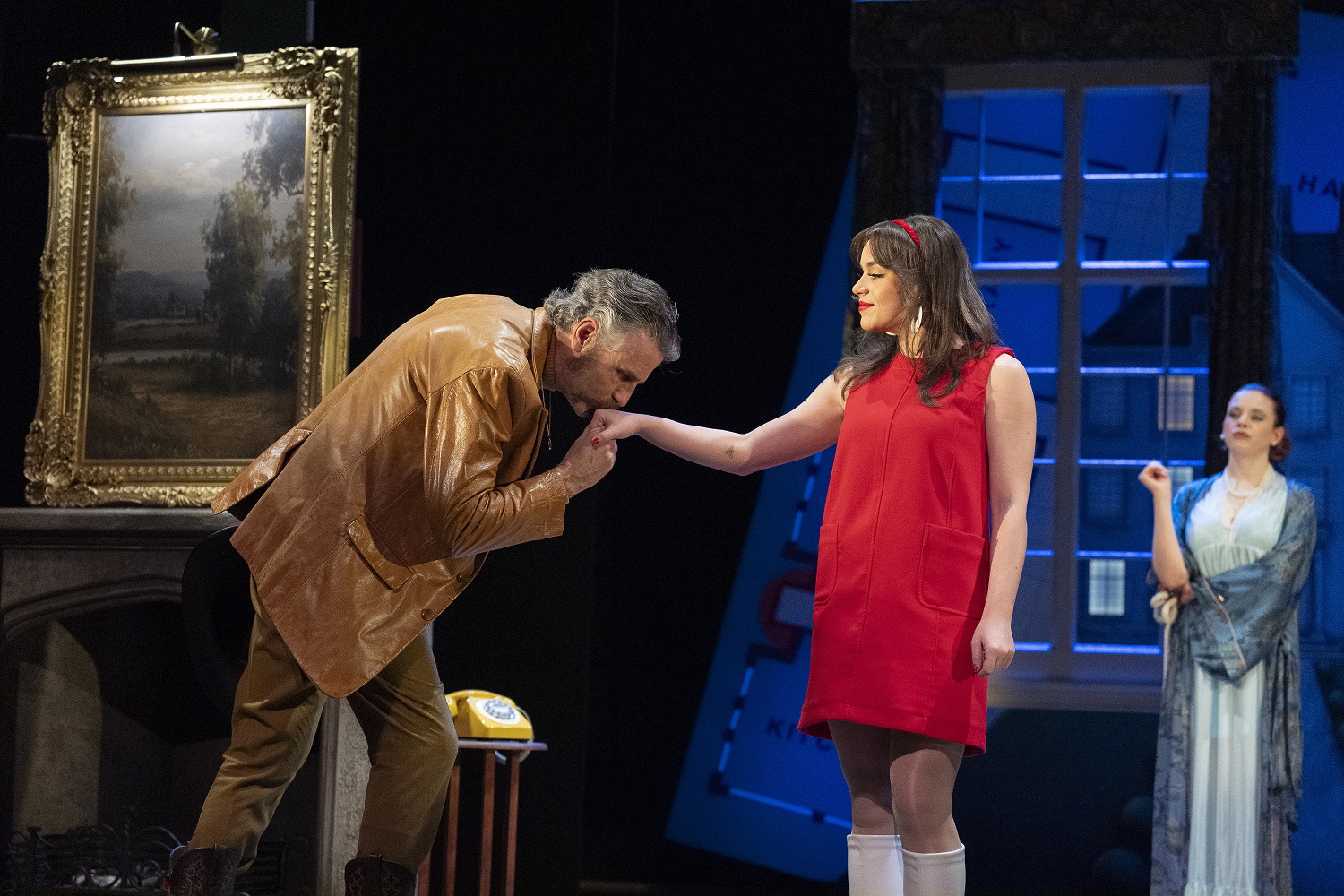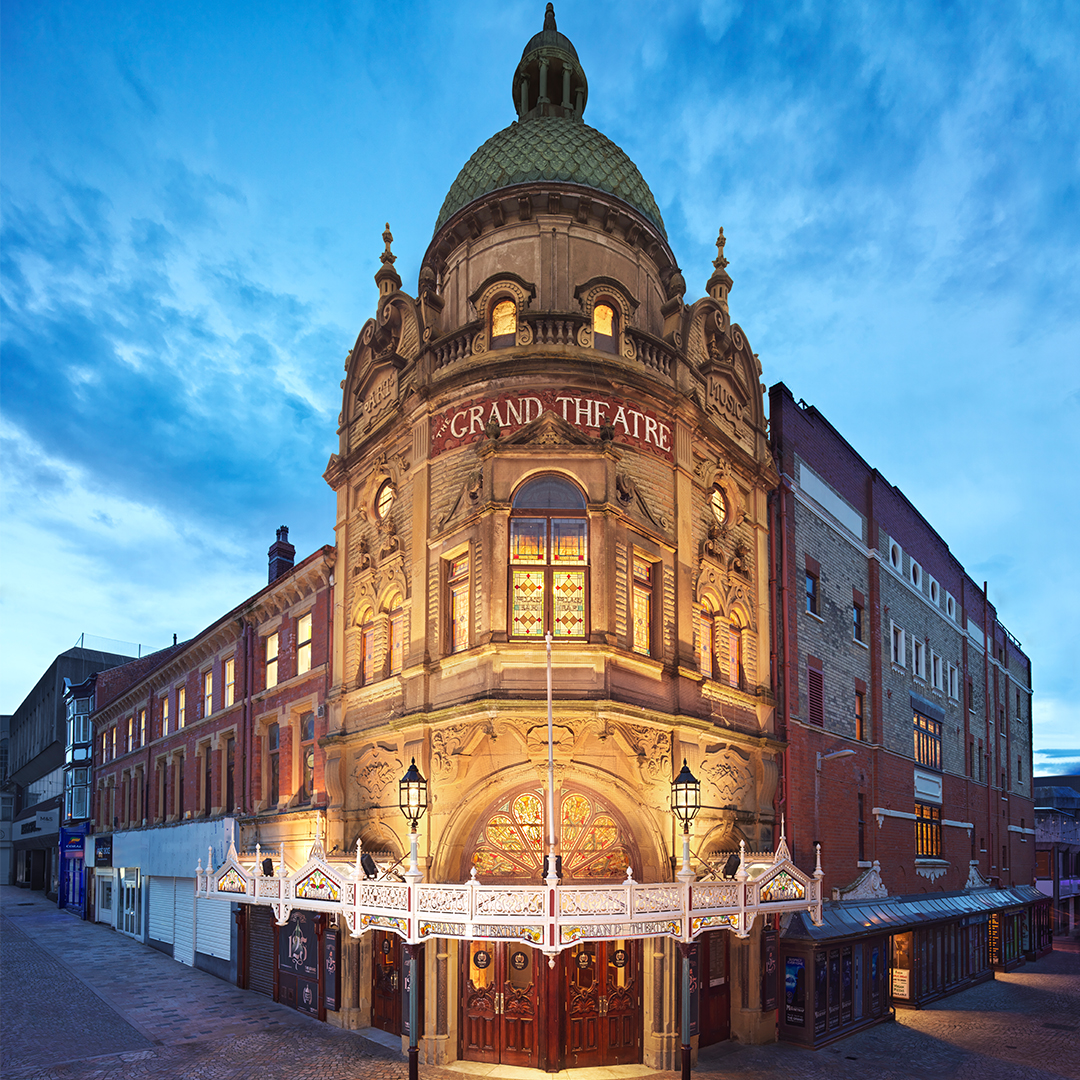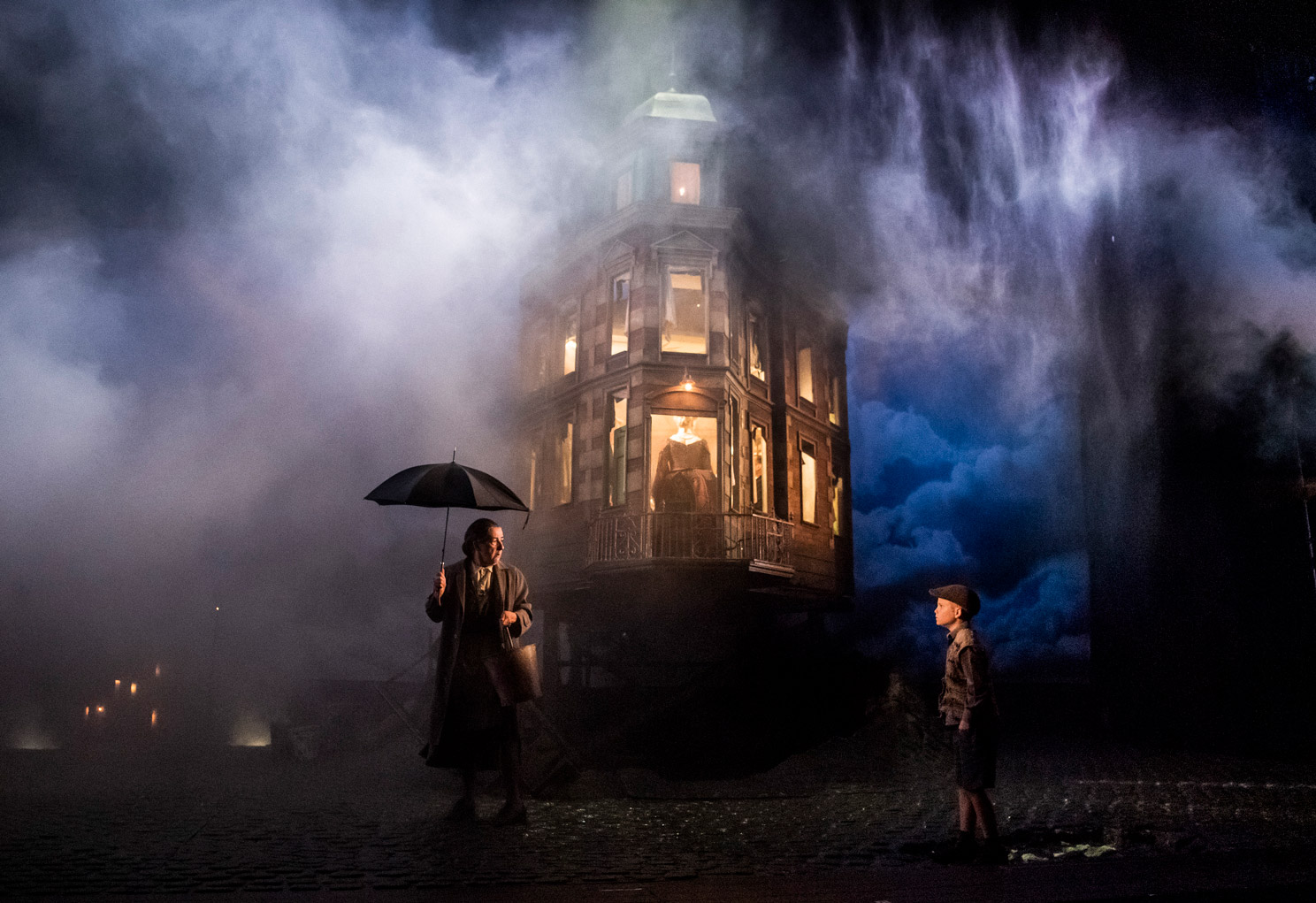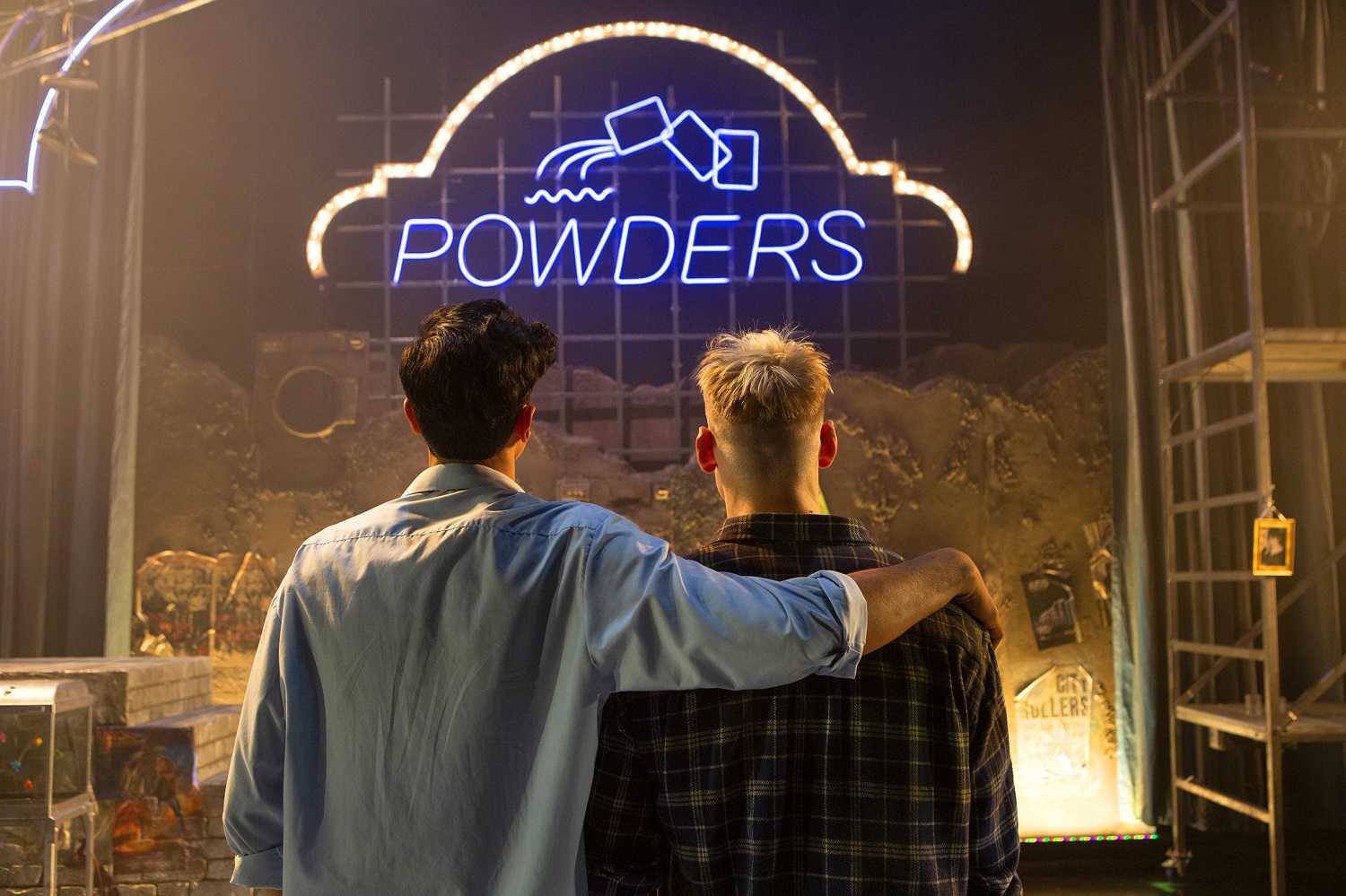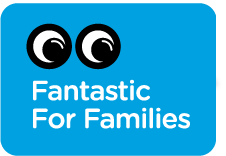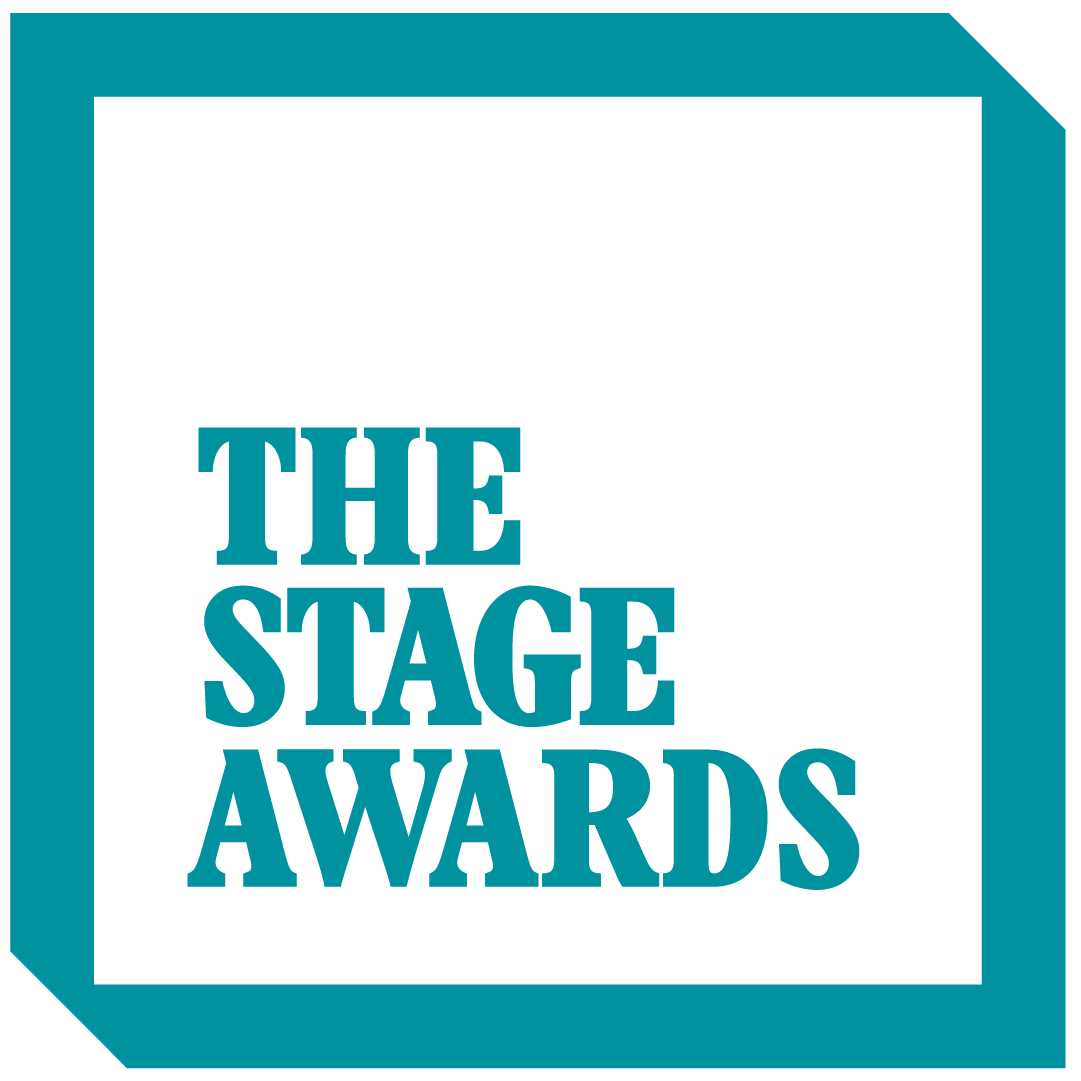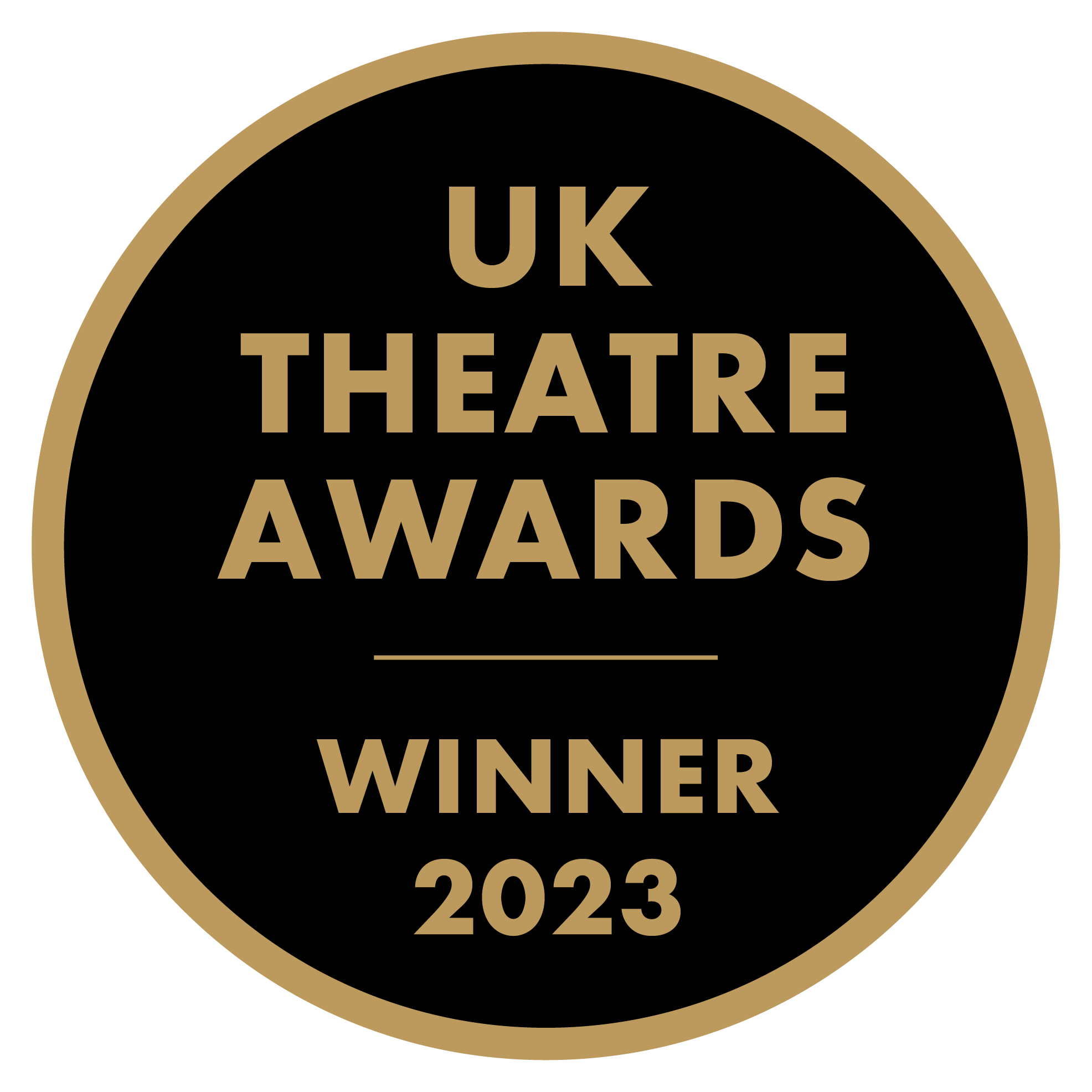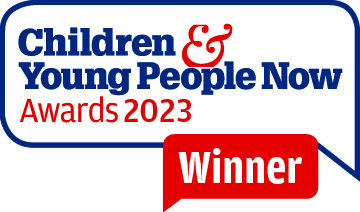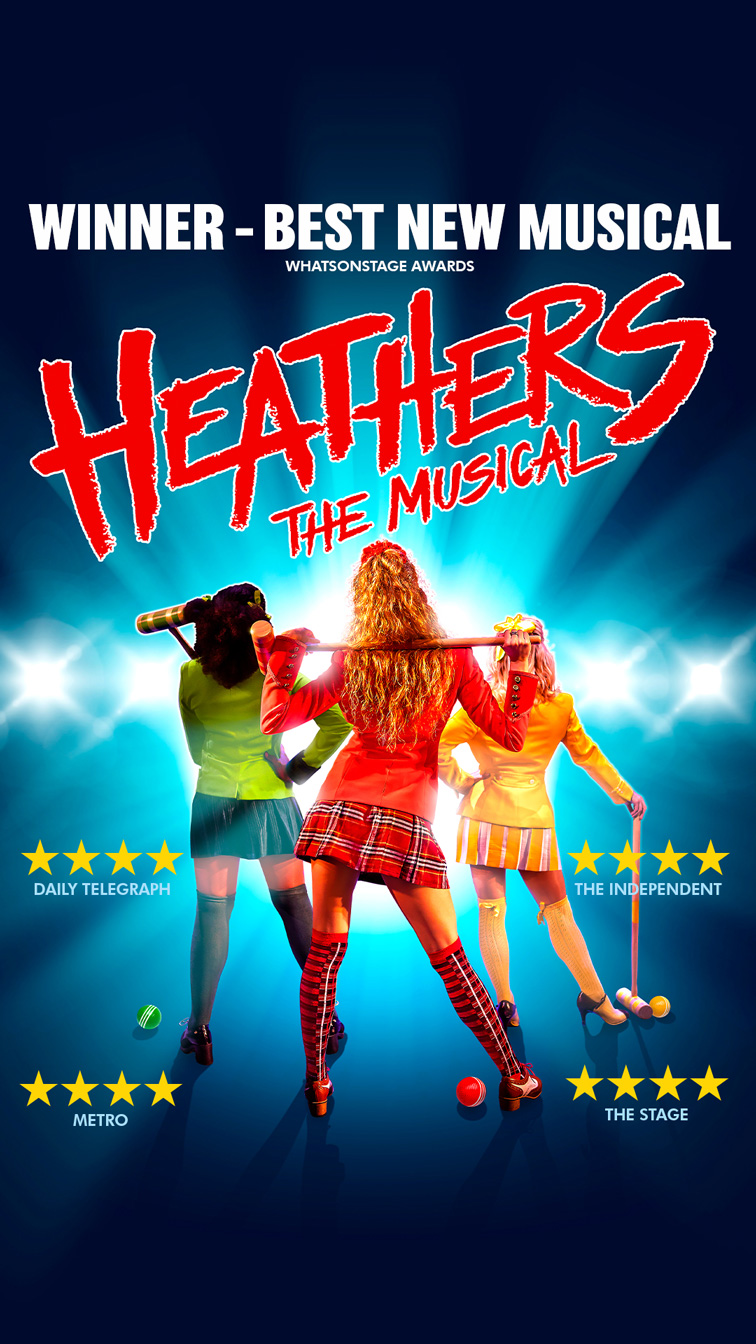

Re-adapting Rudyard Kipling
4 min read
Share
Susan Elkin visited rehearsals at The Jungle Book, to speak with the creative team including writer, Jessica Swale, composer Joe Stilgoe and director Max Webster to get their take on re-adapting this renowned Rudyard Kipling classic.
“The original 1894 book was a collection of short stories set in India” says acclaimed director Max Webster, “our challenge is to refresh a story so well loved by generations, and bring it to a contemporary audience.”
Olivier Award winning playwright Jessica Swale admitted “It was exciting to return to the original book and consider how it might still be relevant to a contemporary audience. I think culturally we associate The Jungle Book with Disney, but of course, it is Rudyard Kipling’s book that is the original. So, I went back to the source material and found a treasure trove of characters in Kipling’s poetic prose.
“The challenge was to find a modern voice for it – especially in its politics. I wanted to refocus the tale to celebrate diversity – to talk about the challenge of growing up in a place where you may feel you don’t belong, and how we negotiate that.”
Jessica’s recent successes include Nell Gwyn and Blue Stockings, alongside a growing body of film work, but she is excited to be getting back to her theatrical roots, “by being in a room of actors, playing and experimenting. So much of the life of a play comes from the performers. That’s why I’ll always come back to the theatre – I love the movies but the live, collaborative nature of theatre is like soul food to me”. Moreover, she believes passionately in “the power of theatre to bring families together.”
“Being a collection of short stories” says Jessica, “I chose two which I felt we could use to say something inspiring about community and compassion, about immigration and unity, in language which is lighter and brighter than Kipling’s (sometimes verbose) poetry. It needs to trip from the actors’ tongues. And it should be funny. I wanted to ensure that we never lose the sense of being in the jungle because that’s what people come to see, so I pretty much disposed of the Man Village. I wanted to convey a message about diversity, but in a light hearted and enjoyable way.”
There have been many adaptations of The Jungle Book, so what makes this one different? “We wanted to take the story everyone knows and loves, and make it modern, playful, upbeat and to make it resonate with today’s audiences.” Max explained.
Internationally renowned songwriter Joe Stilgoe was bought in to develop a brand-new original score for the production and was originally commissioned to write just four songs, “it’s become a bit of a joke between the three of us, because now there are twelve”, he grins, admitting that he really wanted, “a song for everyone.” He goes on to say, “I’ve written all new music with a wide range of influences from all over the world. Our jungle spreads way beyond the confines of India, becoming a global jungle for everyone.”
“Joe is a genius” Max tells me, “he kept coming up with more and more material that the rest of the team liked so much we had to include it.” Jessica adds, “Our Jungle Book is very emotionally driven, and it is coloured and lifted by Joe’s music.” Jessica and Joe have worked collaboratively on the lyrics for the songs, with Joe being inspired by watching scenes take shape during rehearsals.
Joe is full of praise for Jessica Swale, “She has written a Jungle Book which is more appealing than any other adaptation I’ve seen,” he says, “It retains elements of Rudyard Kipling and is mystical and lovely. When I read the script I could hear the style of the songs – variously joyful, sad, dramatic and dangerous.”
Joe is delighted with the decision to use a talented Portuguese percussionist who, on stage throughout, provides a central musical focus. “The rest of it simply comes together through the skills of the cast, especially the five actor musicians amongst them. How brilliant it is to be, say, a convincing monkey and play the cello at the same time!”
I asked Max about the directorial challenges which Rudyard Kipling The Jungle Book presented. “Live music is always a challenge, but I was a musician myself and I love how it helps create an atmosphere for the production. When it’s integral to the action, as it is here, you have to rehearse with the music in place. You can’t in any way bolt it on afterwards, so we’ve had singing at every rehearsal.”
Then there’s the issue of how to create the illusion of a large pack, troop or herd of animals on stage with only a small group of actors, “Well, not even a big company could recreate an entire herd of animals, you have to create impressions”, says Max, describing the show’s “infinite forest” and explaining that the cast take on many roles within the show.
The word all three of these creatives use most often is “playful”. Max hopes he had directed a show which has “jokes, laughter, and joy” and plenty to say about the world today.
Re-adapting Rudyard Kipling – Interview by Susan Elkin
Rudyard Kipling
